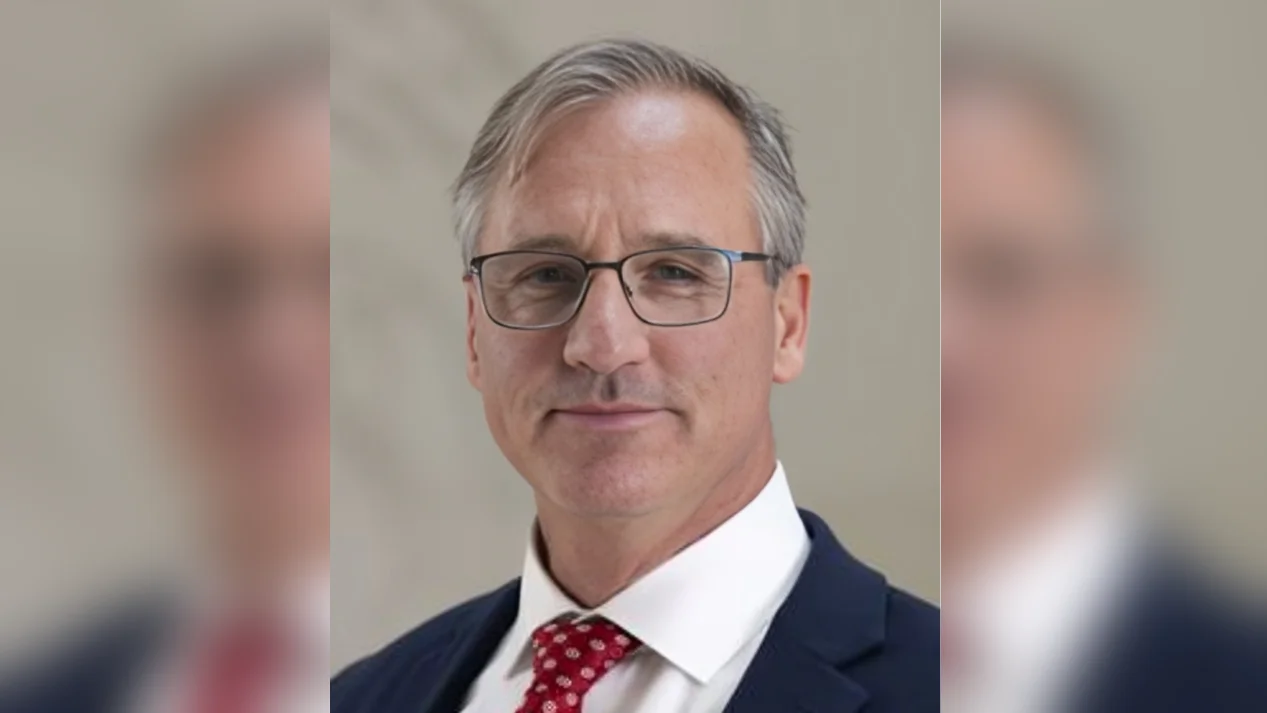On October 25, 2024, the Chair of the Boards of Governors addressed the plenary session of the International Monetary Fund (IMF) and World Bank Group's annual meetings. The meeting marked the 80th anniversary of the Bretton Woods Institutions, significant entities in global economic governance.
The Chair extended a warm welcome to IMF Managing Director Kristalina Georgieva and World Bank Group President Ajay Banga. "Congratulations Ms. Georgieva, on commencing your second term as the MD," was expressed during the address.
Reflecting on historical perspectives, a quote from John W. Snyder, U.S. Treasury Secretary and first Annual Meetings Chair of the Boards of Governors, was highlighted: “In joining the Fund and Bank, our respective governments have not only invested large sums of money, but they have in a considerable measure staked their economic destinies on the success of these institutions. We must not fail our governments and, above all, the hopeful people we represent.”
Despite challenges such as tighter financial conditions and geopolitical tensions, optimism was noted regarding global economic resilience. "A soft landing is within reach. Inflation is moderating," said the Chair. However, caution against complacency was advised due to ongoing uncertainties.
Three major challenges were outlined: climate change, debt sustainability, and structural reforms. The Maldives' efforts to transition to renewable energy were discussed as an example of addressing climate change impacts. It was emphasized that international financial institutions should provide more accessible climate finance for vulnerable regions like Small Island Developing States (SIDS).
Regarding debt sustainability, it was noted that over two-thirds of emerging markets face high risks of debt distress. The need for improved debt sustainability analysis and support from institutions like IMF and World Bank was stressed.
On structural reforms, there was a call for strengthening productive capacities in developing economies with a focus on job creation and equal opportunities.
Recent initiatives by IMF and World Bank were acknowledged for supporting member countries through quota reviews and replenishments aimed at ensuring adequate resources for these institutions.
The importance of multilateral cooperation emerged as a central theme during discussions at the meetings. "Collective action is the antidote to an increasingly fragmented world," stated the Chair while welcoming Liechtenstein as IMF's newest member.
As part of future planning by Bretton Woods Institutions, emphasis was placed on tailoring advice to meet specific needs of each member country while maintaining commitment to macroeconomic stability and cooperation.

